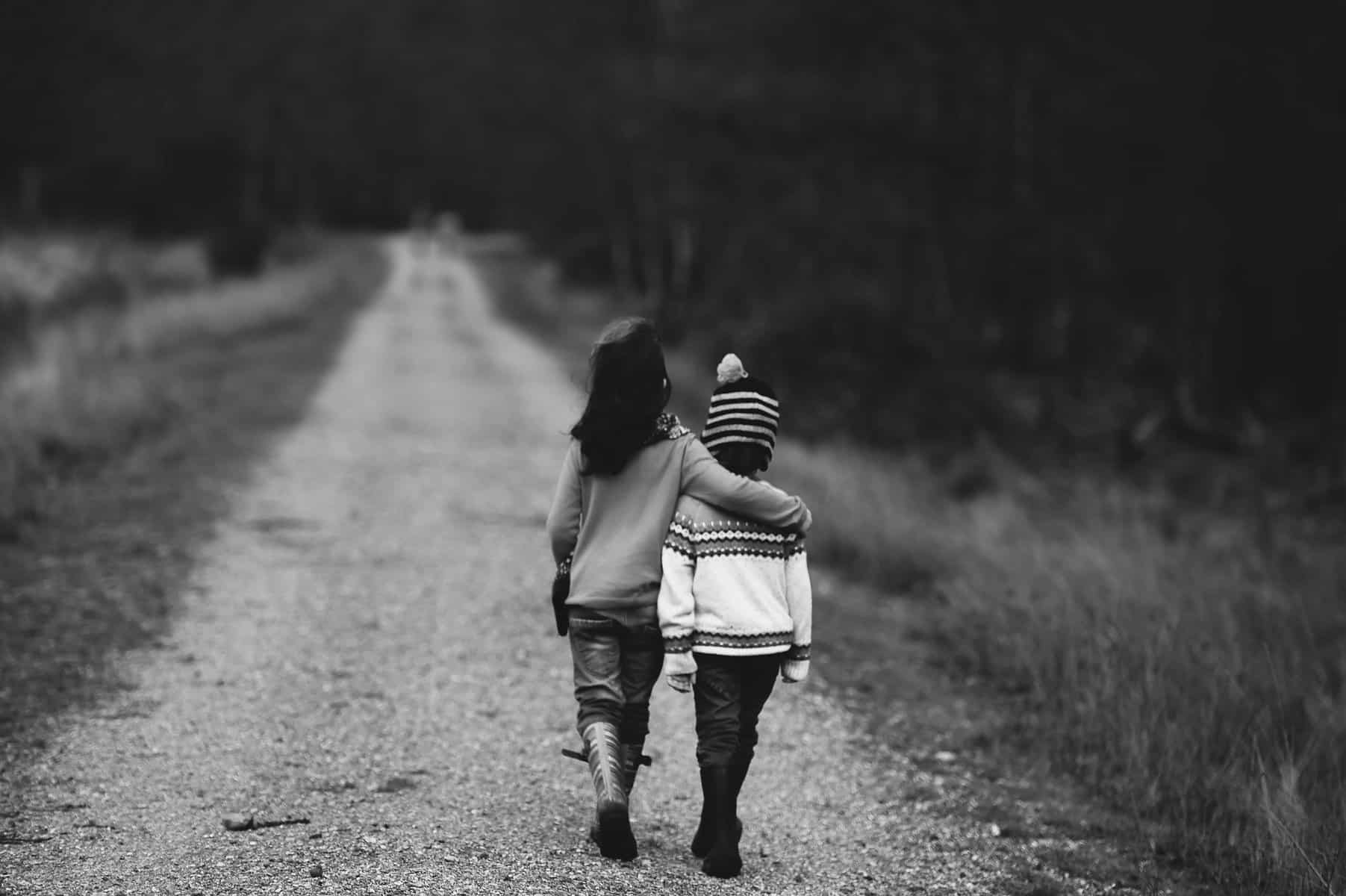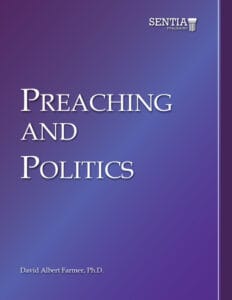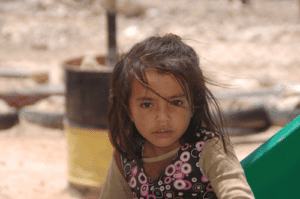
I moved from Pennsylvania to South Carolina two weeks before a major, evacuation-inducing hurricane and five weeks before last year’s presidential election.
I discovered that there’s nothing like a natural disaster to create camaraderie among strangers.
And unfortunately, there’s nothing like a lightning rod election to create division and awkward small talk even among friends.
The hurricane gave me something in common with my new neighbors, and allowed us to swap stories on a personal level. But the campaign season reduced nuanced challenges and perspectives into definitive, black-and-white sound bites. The deeply personal stories that guide our views and decisions just didn’t have a place in the political conversation.
And they still don’t. We’re a year into Donald Trump’s presidency, and little has changed. The bitterly polarizing rhetoric of the election season has followed us. We are a nation—and a church—even more divided, with new pain points to argue about.
And as a country—and a church—we are in desperate need of both curiosity and grace.
Fear dehumanizes someone we don’t understand, reducing them to a two-dimensional character of opinions. Contempt builds barriers. But curiosity does the opposite. Curiosity asks why. Why does this matter to you? How does Trump’s presidency affect you and your family? What are you experiencing now?
Grace follows with kindness and sensitivity. It embraces the other—the other person, the other party, the other perspective.
The bitterly polarizing rhetoric of the election season has followed us. We are a nation—and a church—even more divided, in desperate need of both curiosity and grace.
Pride keeps me on my high horse, thinking, “I have no idea how you could have such a wrong opinion.” I’ve learned that this dangerous, divisive pride can really only be countered by the grace of sharing our stories.
One of my new friends offered my husband and me this grace, probably over a bowl of steaming fettuccine alfredo that he and his wife cooked for us. As a couple, they’re talented musicians and incredibly passionate scientists. They brim with kindness and gentleness.
He was the first of his family to go to college, he tells us, as his family works primarily in the construction trade. They’re proud of their craft, and of the close-knit life they have built as a family and among neighbors in their small town.
“But imagine seeing that lifestyle almost wiped out,” he tells me. “My family, and much of my town, found themselves out of work. Developers keep hiring undocumented immigrants, and we just can’t compete with their prices and support ourselves at the same time.”
He nearly had to drop out of college to see what kinds of odd jobs he could pick up to help support his family.
My friend doesn’t want immigrants treated poorly. And he doesn’t want to close the doors to immigration. But he worries about the impact of undocumented immigration on his family and hometown. His opinions, like those of so many others, are more nuanced than a black-and-white sound bite.
Policy issues are complex, because people are complex. It takes grace to step back from the binary, divisive political views and commentary to acknowledge that figuring out this stuff is hard – for our lawmakers, for voters, for the people it affects.
Jesus consistently gave people the gift of seeing and valuing their whole story—not the obvious, sound-bite version.
Another new friend of ours is an undocumented immigrant, fighting her way into our country out of desperation—with no other options left in hers. All she wants now, she says, is to find a way to bring her child to the United States. She wants the chance to prove she’s not a drain on the system, to raise her family, to stay in the place she now calls home.
Instead, she finds herself staying in her house more and more, afraid of being found.
Might I have those opinions, or make those choices, if I were either of my two new friends?
Regardless of what the latest debates or polls suggest, we are far more than our political leanings. And if you want to really know and care about me, my story cannot be boiled down to who I voted for or what I think about our president. And neither can yours.
When he walked on earth, Jesus consistently gave people the gift of seeing and valuing their whole story—not the obvious, sound-bite version. The woman who touched his cloak wasn’t just an unclean outcast, but a daughter of faith. Peter wasn’t just a fisherman, and the woman at the well wasn’t just thirsty.
And when we dare to ask questions, to lean into curiosity and offer the grace of searching for the whole story, we can do the same.
Megan Dutill Staub is the Founder and Editor of StoryOn. She is a lifetime storyteller and daytime publicist, and her passions for dance, books, suspenseful podcasts and raw conversations all relate back to her core belief that stories matter and need to be shared. A city girl from (cloudy) Philadelphia now in (sunny) South Carolina, her close proximity to the ocean keeps her both sane and perpetually sunburnt.


